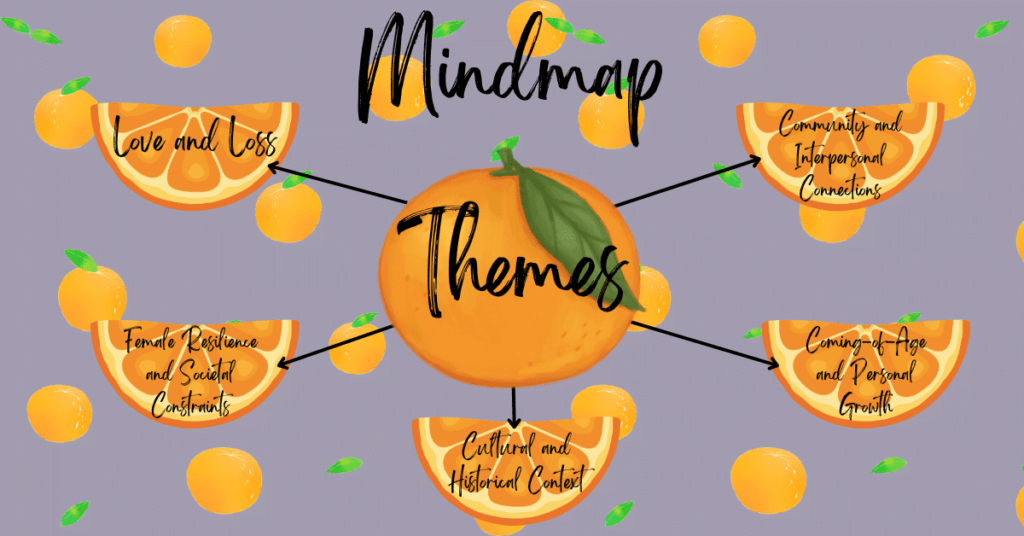Physical Address
304 North Cardinal St.
Dorchester Center, MA 02124
Physical Address
304 North Cardinal St.
Dorchester Center, MA 02124

“When Life Gives You Tangerines” has been appearing on my feed ever since it aired on March 7th this year. It had been on my “Top Shows to Watch” list for a long time, and I finally found the time to watch it. Let me just say — Episode 1 did not disappoint. Within just 10 minutes, I was already hooked. The first episode opens with a powerful start, exploring themes of love and loss, societal constraints, the importance of community, coming-of-age, and the glimpse of Jeju Island in the 1960s.
The first episode provides us a glimpse of the key themes woven throughout the drama, such as love and loss, female resilience and societal constraints, community and interpersonal connections, coming of age, and the cultural and historical context. Let’s take a closer look at these themes:

The episode begins with a memory: a glimpse of the past. Oh Ae-Sun’s relationship with her mother, Gwang-Rye, comes into focus in the episode. The relationship at first seems to be of a daughter longing for love and affection while the mother is too busy working to provide for her family to give attention to the daughter. However, it all changes when Gwang-Rye reads the heartfelt poem written by her daughter Oh Ae-Sun, which describes Ae-Sun’s wish to become the breadwinner of the family so that her mom can finally rest.
After reading the poem, her mother storms into her daughter’s uncle’s house and takes Oh Ae-Sun back to leave with her. However, the happy moments where Ae-Sun gets to live with her mother don’t last. Unfortunately, Gwang-Rye passes away at the young age of 29 due to poor health, leaving 10-year-old Ae-Sun an orphan.
In the beginning of this episode, we find out the occupation of Ae-Sun’s mother. She is a “haenyeo (female deep-sea diver) in Jeju Island who sells seafood she finds to support her family. Her mother is the sole breadwinner of the family. Her dangerous job doesn’t improve their status in the society. Her savings remain meager.
On the other hand, Oh Ae-Sun aspires to become a poet at a time when women were discriminated against. After her mother’s death, she takes care of her younger siblings, juggling her studies, farmwork, and selling cabbages at the same time. Her struggles to study and become a poet show her determination to fight against the patriarchal society, offering us a glimpse of female resilience.
Episode one shows us the significance of community and interpersonal connections. We see the importance of having a strong support system to recover from a setback. Yang Gwan-Sik has been helping Ae-Sun since they were children, often procuring food for her as well as assisting her in her farmwork, including selling her cabbages. Ae-Sun’s relationship with her extended family and her community shows how strong connections provide strength and solace during hardships.
Episode one marks the beginning of Ae-Sun’s coming-of-age journey. It portrays her growth from a spirited, full-of-life little girl into someone who starts confronting the realities of life. Her determination to fulfill her dream of becoming a poet, despite the challenges she faces along the way, is truly admirable.
The TV show is set in 1960s Jeju Island. It provides the backdrop that reflects the cultural and historical nuances of that time. The portrayal of traditional practices, such as the “haenyeo” (female divers), and depicts rural life, offering insights into the lives of the ordinary people who lived on Jeju Island during that time.
That concludes my review of the episode one of “When Life Gives You Tangerines.” If you liked my review and want to read more such reviews, read “10 Profound Reasons Why Uchiha Itachi Is the Most Complex Character in Naruto.”